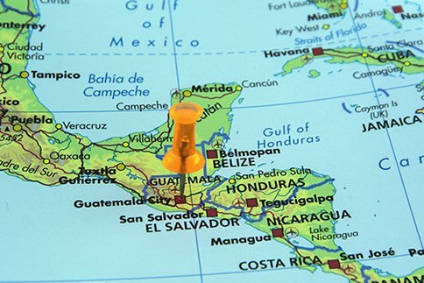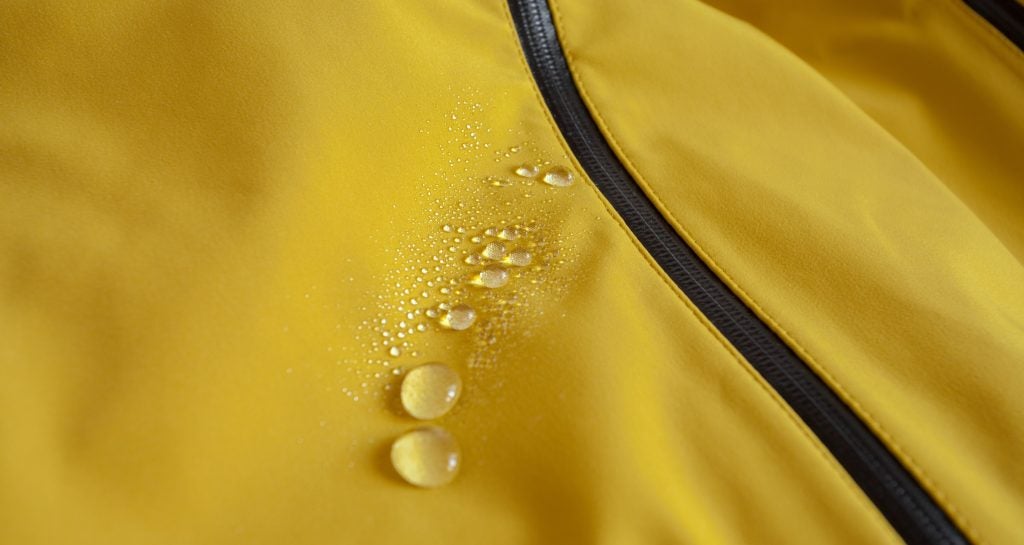
The expansion of the Central American Customs Union into a three-country bloc – with El Salvador joining Guatemala and Honduras to forge a light border trading zone of more than 32m people – has been welcomed by the industry association representing the Honduras clothing sector.
El Salvador will officially accede to the union in November, allowing 95% of products manufactured in member countries to freely circulate in the region duty-free through common customs, security, and other rules, strengthening local supply chains.
The main benefit is delivery times. A common tax and border crossing administration, called the Factura y Declaración Única Centroamericana (FYDCUA), has been digitalised.
This enables yarn, fabric and other input traders – or clothing exporters – to complete and file paperwork ahead of arrival, ameliorating the region’s key trade and investment deterrents: heavy bureaucracy and lengthy lines at custom points. Waiting time at borders should be reduced from 70 minutes to one, argues Salvadoran economist Julio García, from the University of El Salvador.
“With technology, young people and the internet, the buyer now expects their merchandise to arrive in 24 hours,” Jesús Canahuati, board member of the Honduran Manufacturers Association (AHM – Asociación Hondureña de Maquiladores) and general manager of Honduras textile major Elcatex, told just-style.
How well do you really know your competitors?
Access the most comprehensive Company Profiles on the market, powered by GlobalData. Save hours of research. Gain competitive edge.

Thank you!
Your download email will arrive shortly
Not ready to buy yet? Download a free sample
We are confident about the unique quality of our Company Profiles. However, we want you to make the most beneficial decision for your business, so we offer a free sample that you can download by submitting the below form
By GlobalDataSee Also:
“The world is accelerating, and we need processes to attend to these immediate demands of electronic commerce. Any delay reduces the chances of Central America participating in this trade.”
Elcatex, based in San Pedro Sula, manufactures knit fabric, cut parts and offers full package clothing production.
With these three ‘Northern Triangle’ Central American countries representing 57.1% of the region’s landmass and a combined GDP of US$114bn, the new customs union reinforces the Dominican Republic-Central America Free Trade Agreement (DR-CAFTA) ratified in 2005, says Canahuati. The customs union facilitates all trade within an established system, including merging cargo deliveries from different countries.
The system will be focused on nine border crossing points located on the largest trade routes within the three countries and 12 external customs points.
Harmonisation
It is estimated that about 98% of tariffs in Honduras, El Salvador and Guatemala have already been harmonised. And the three countries are harmonising free-trade agreements they have with third countries to help improve free circulation of goods covered by provisions within these deals.
“We believe that reducing the number of transactions to move load between countries of the region has a positive impact for companies located in Central America that export to markets like the United States and others,” Claudia Sandoval, vice president of corporate citizenship at Gildan Activewear Honduras Textile, told just-style.
“The customs are less congested now that the companies operating in the region have reduced their procedures from several hours to minutes,” she adds.
Honduran exports of all goods are expected to grow 2.2% year-on-year, while logistics costs should be reduced by 25% for the country because of the customs union, according to a note from the Economic Commission for Latin America and the Caribbean (CEPAL).
Canahuati says exports from Honduras to Guatemala have already increased by 10% during the first semester of 2018.
In general, the Honduran textile industry exports most to the United States. In 2017, Honduras exported US$3.3bn worth of textile products and garments, of which 73% was exported to the US and 16.9% to the rest of central America, Canahuati explains.
See also: Hanesbrands invests as El Salvador joins regional customs union








